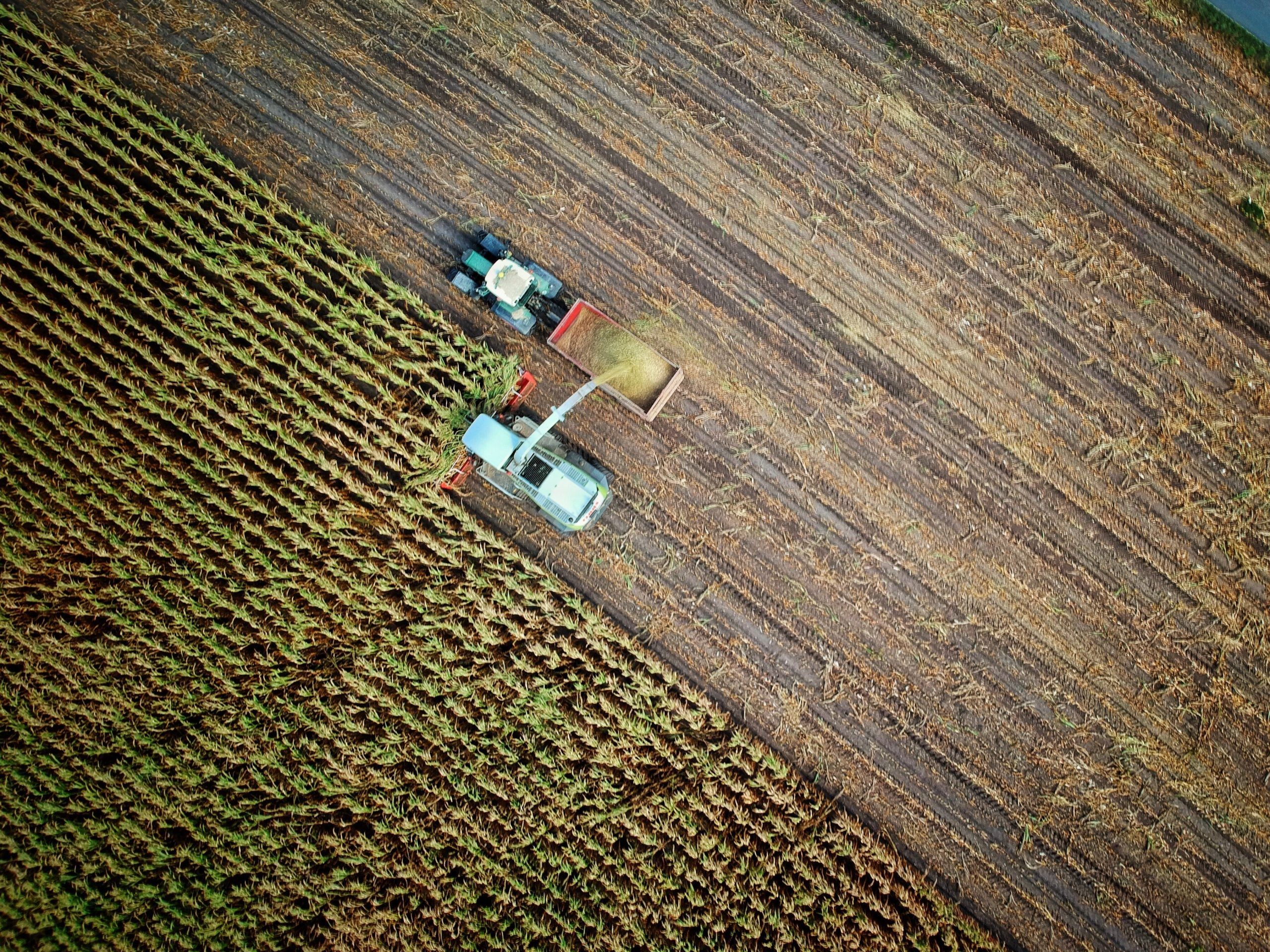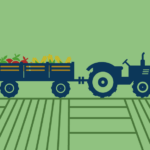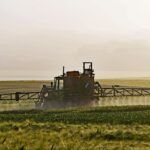On Monday, Parliament and Council negotiators agreed to simplify EU common agricultural policy requirements.
The provisional agreement reached by MEPs and the Danish Presidency of the Council will alleviate some of the administrative and regulatory burdens on farmers during the current common agricultural policy (CAP) programming period.
Environmental requirements
To protect biodiversity and prevent farmers from costly and time-consuming ploughing of land every five to seven years to keep their land arable, MEPs secured an agreement that land considered arable on 1 January 2026 could maintain this status even if it has not been ploughed up, tilled, or reseeded.
MEPs agreed with the Council that farmers certified as organic will be deemed to comply automatically with several requirements to maintain land in good agricultural and environmental condition (GAEC) for those parts of their holdings that are organic and in-conversion to organic. Member States will be allowed to limit this simplification in case controls would create high administrative burden.
On-the-spot checks
MEPs successfully defended the “once-only” principle for inspections proposed by the Commission, whereby farmers should not have to undergo more than one official on-the-spot check in any given year.
Small farms
Parliament negotiators also insisted that the ceilings for support for small farmers be raised to an annual payment of up to €3,000 (rather than the €2,500 proposed by the Commission) and a new one-off payment for business development of up to €75,000 (up from the proposed €50,000).
Quote
Rapporteur André Rodrigues (S&D, PT) said: “The European Parliament has shown that it’s possible to make the CAP fairer, clearer, and closer to the people who work the land every day. This agreement brings more support for farmers, more efficient rules for national authorities, and clearer environmental guidance, so that good practices are encouraged instead of punished by confusion or red tape. From 1 January 2026, these new rules will apply to more than nine million farmers across Europe, because we have listened to them and turned their concerns into real solutions.”
Next steps
The preliminary agreement now needs to be approved by both Council and Parliament before the reform can enter into force.
Background
The Commission presented a package to simplify the current CAP on 14 May 2025. This flowed from recommendations arising from the strategic dialogue on the future of agriculture.
To speed up the adoption of the new rules, the European Parliament used a simplified procedure where MEPs tabled amendments directly to the Commission proposal.
Simplification of EU rules a top priority for Parliament
MEPs have called repeatedly for a revision of the EU rulebook to simplify and reduce administrative requirements for companies. The “omnibus” proposals, tabled by the Commission as of February 2025, seek to boost EU competitiveness and prosperity, and unlock additional investment capacity for businesses. As a matter of urgency, Parliament has already adopted some proposals and is making swift progress to finalise the remaining proposals.
More information: European Parliament







Leave a Reply